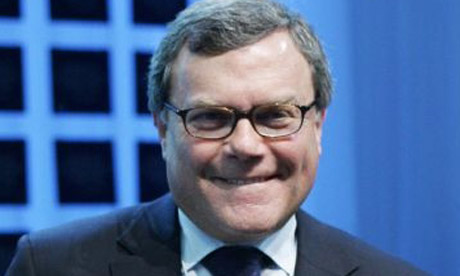 Did WPP Chief Executive Sir Martin Sorrell abandon his country too quickly?
Did WPP Chief Executive Sir Martin Sorrell abandon his country too quickly?To avoid an increased tax on overseas profits, marketing giant WPP last week completed the costly move of its legal headquarters to Dublin from London. Now, the U.K. government says it is reviewing the tax, a move that could lead to it being watered down.
At issue are the obscure Controlled Foreign Companies tax rules, which aim to stop companies from channeling profits to countries with lower tax rates. It effectively forces U.K. companies to pay similar U.K. tax rates on profits generated overseas, although there are many exemptions. Companies say legitimate earnings are being caught unfairly by changes to the rules.
Now, the U.K. Treasury plans to "improve" the rules to make Britain more attractive for business, Alistair Darling, the head of the Treasury, told Parliament on Monday. Accountants say that sounds like code for U-turn.
The government's willingness to examine the policy "may be encouraging," Sir Martin said in an email, but the "lack of detail causes more uncertainty, not less."
In addition to WPP, several U.K. companies recently moved to Ireland, which has lower corporate taxes, including publisher United Business Media and pharmaceutical maker Shire. Regus, which rents out office space, went to Luxembourg.
None are as a prominent as WPP, which dominates its industry globally through big advertising agencies like JWT, Ogilvy & Mather and Grey Worldwide. WPP's rise has turned Sir Martin into a British business celebrity, making the company's move all the more surprising. Indeed, so much is Sir Martin part of the fabric of London's business world that this week he was granted the Freedom of the City of London, a ceremonial honor dating from the Middle Ages.
Even though WPP's operational headquarters remains in London's Mayfair district, legally swapping countries wasn't simple. WPP had to hold two sequential shareholder meetings, cancel its London-traded shares, obtain court approval, issue new shares and change its name. (It is now called WPP instead of WPP Group.) WPP's annual meetings, once held in London hotels, now will be in Dublin. Possibly all for naught.
"In two years it may turn out that all those companies that moved, didn't have to," says Chris Morgan, head of the international corporate tax group at KPMG in the U.K.
